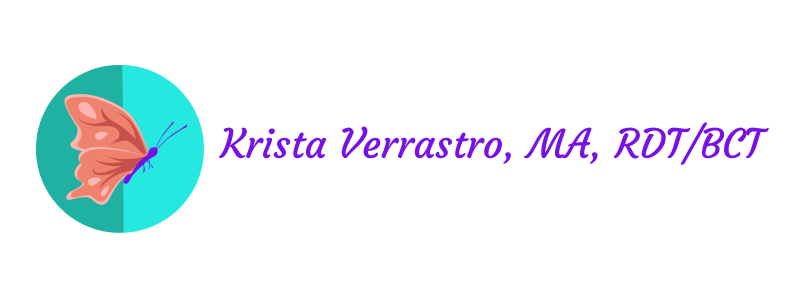
Understanding Why You Feel Different
We live in a culture where all you have to do is turn on the television to see within the span of a few commercials that we’re all expected to be a certain way. We’re constantly sent messages that we’re supposed to be thin, straight, current with the latest trends, and wealthy enough to be able to keep up with the latest technology.
But maybe you’re not thin, straight, trendy, or wealthy. Or maybe you fit in with others in those areas but feel different in other ones, such as having different spiritual views or living an alternative lifestyle.
You might also feel different if you have experienced abuse. The abuse feels like a big scarlet letter “A” painted on your forehead that lets everyone know that horrible things happened to you.
Here are some other examples of the kinds of outsiders and non-conformists that I help learn to embrace their uniqueness:
- People who identify as LGBTQIA+, queer, gender non-conforming, gender expansive, or sexuality expansive
- People who identify as being neurodivergent, including ADHD, autism, and highly sensitive people (HSP’s) or empaths
- People who identify as polyamorous, as practicing consensual non-monogamy/ethical non-monogamy, or as being otherwise relationship expansive
- People with alternative religions or spiritual views
- People who are atheist, agnostic, or otherwise do not identify as religious
- People who are vegan or vegetarian
- People who are social/political activists
- People whose interests and hobbies are not mainstream
- Adults who are childless by choice
Feeling Different Is Not Always a Bad Thing,
but It Feels Lonely Sometimes
Sometimes feeling different is something that is imposed on us, like when you have been abused, bullied, or judged. In those situations, other peoples’ actions cause you to feel different.
There are other times, though, that you like being different. You are proud that you don’t look or act like most people, or you are glad that you like things that are not popular. But sometimes you feel lonely being so unique. Sometimes you just wish more people understood you and your passions.
How Therapy for People who Feel Different Can Help
Therapy can help you embrace what sets you apart from others in many ways, such as helping you to:
- Learn self-compassion
- Increase self-esteem and confidence
- Identify your strengths
- Learn how to identify supportive people who will also embrace your uniqueness
- Learn how to speak up for yourself
For Teens
I can help if your teen:
- Identifies as being different from peers
- Has been bullied for being different from peers
- Is at risk of being bullied because of being different from peers
- Needs help sticking up for themselves or building their self-esteem
I make therapy feel like a safe, fun place to explore their feelings and thoughts. My drama therapy background allows me to use techniques that make teens want to engage in therapy instead of just talking about their problems. I use mask making and exploration, art, creative writing, games, sand tray, and other creative techniques to help them express themselves in a way that is better for their age than just talking. Feel free to learn more about my drama therapy work on my drama therapy page or on my blog starting with this article.
For Adults
As mentioned above, I help clients learn to see their differences as a positive thing instead of a burden. I help them feel more connected to themselves and others.
My drama therapy background allows me to use creative techniques in addition to talking during sessions. Sometimes I ask my clients to explore roles they play in real life, create and explore masks or other art, or use poetry or other creative writing. You can learn more about my drama therapy work on my drama therapy page or on my blog starting with this article.
Contact Me
If you are ready to embrace your uniqueness and unapologetically be wonderful you, please contact me for a free 15 minute consultation.
